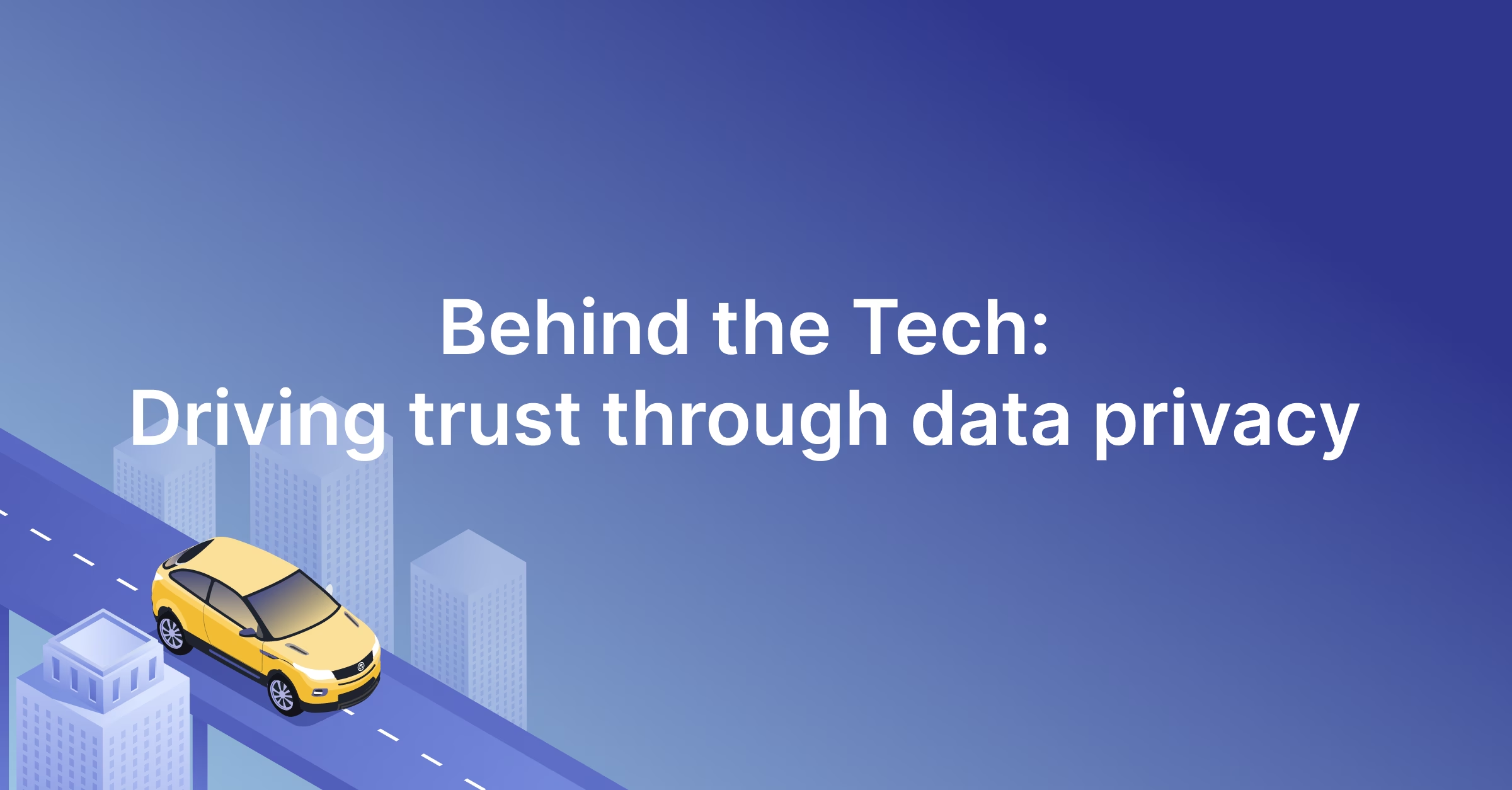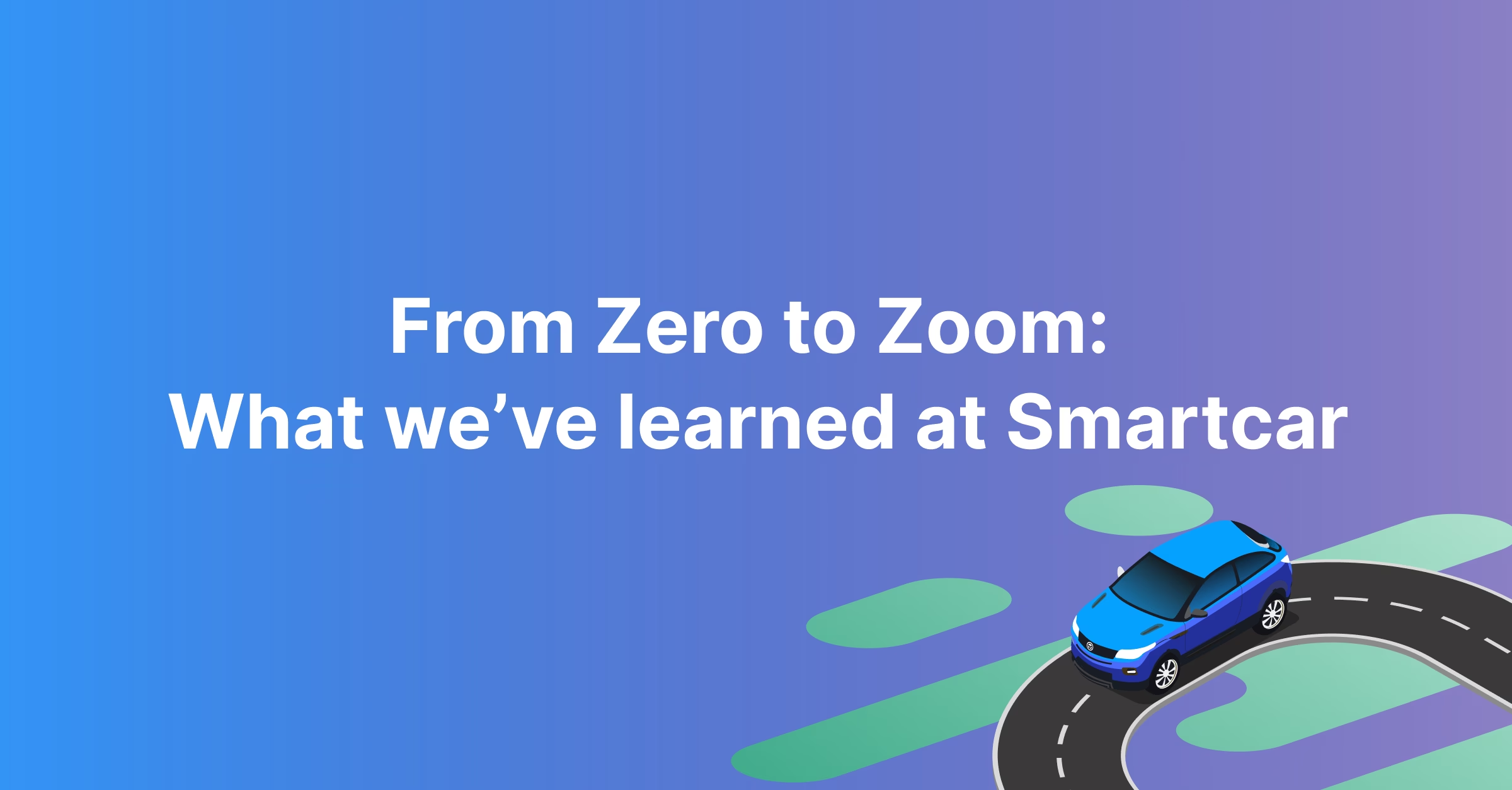Get & Set Charge Limit
API
Control EV charging, preserve battery health
Prevent overcharging and maintain EV battery health by keeping charging sessions within a specified charge limit. With Smartcar, businesses can avoid charging customer vehicles to 100% to increase battery lifespan.

How businesses use get and set charge limit
Optimize demand response
Set charge limits for EVs based on the time of day and electricity demand to prevent demand spikes.
Manage EV charging
Optimize charging schedules according to a specified charge limit or a driver’s specified needs during each charging session.
Inform battery health reporting
Gain better visibility into a vehicle owner's charging behavior to compare the impact of charge limits on battery health across similar makes and models.

Get charge limit
Returns the charge limit configuration for the vehicle.
Set charge limit
Set the charge limit of an electric vehicle.
Product features
Compatible with 39 car brands
Friendly user consent flow
Works on 2015 and newer vehicles
Trusted & secure
Retrieve live data and trigger live actions
SDKs for Go, Java, Node.js, Python, and Ruby
Related industries
EV charging networks
Provide estimated charging times, automatic charging schedules, and EV trip planning in your app.
Energy & utility providers
Manage your customers’ residential EV charging to best balance electric grid load.


.jpg)

